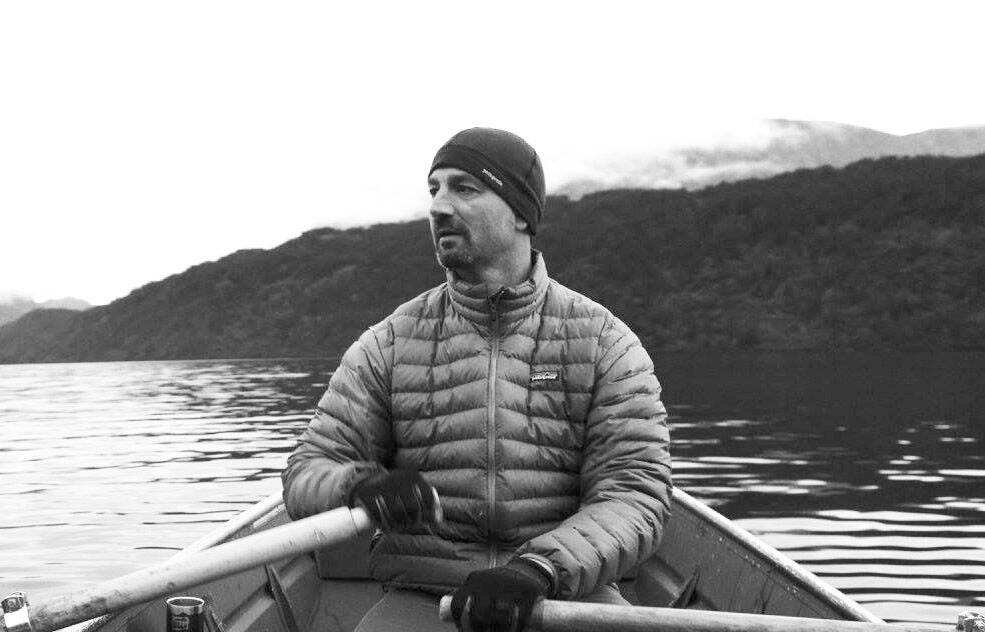Why donate or volunteer to a local youth athletic program? Consider the life enriching experiences that can benefit your children and our community far beyond the building of athletic and teamwork skills.
When thinking back on the experiences and activities in my life that helped to shape who I am today, I can’t help but attribute many of my adult life-skills to their origins in youth athletics. Sure, I was coached to throw a fastball, taught the techniques of taking a jump shot, acquired the physicality to block and tackle, and learned the importance of teamwork. However, the most important thing I learned was understanding ethnic diversity and how it relates to cultural inclusiveness.
Raised in Seattle in the 70s, tensions existed between racially-divided communities. The federal government had recently implemented Affirmative Action in an effort to address racial inequality. I grew up near the University of Washington, where there was an abundance of community-based, inner city youth athletic programs centered around the city’s parks & recreation facilities. I played soccer, basketball, baseball, and football. Little league games helped bring players and their families together across city neighborhoods, crossing cultural and ethnic boundaries in pursuit of the common thread of youth athletics.
Football became a passion of mine in the fourth grade, inspired by attending University of Washington football games. I watched Warren Moon, the team’s African-American quarterback (and future NFL Hall of Famer), eventually lead his underdog team to a victory against Michigan in the 1978 Rose Bowl.
Continuing to play for the Northeast Seattle Football League, my eighth-grade year began with the unfortunate news that our league would fail to form a team in my age group due to lack of participation and funding. Determined to play, I joined the Central Area Youth Association’s Gil Dobie football team and was one of two white players on a team comprised entirely of African-American boys. The commitment required a daily cross-city commute and I’ll never forget the first few days of practice feeling entirely out of my comfort zone. However, it wasn’t long before I worked my way to a starting position on the team and was welcomed as an equal, by teammates, their families, and coaches.
Our team was close knit and the camaraderie extended beyond the football field. My family was invited to attend services at the Mount Zion Baptist Church and participated in league fundraisers. Ultimately, participation on the CAYA team would end up being one of the most positive influential experiences of my life for understanding the benefits of diversity, equity, and inclusion.
So, why should you donate your time, talent, or resources to support local youth athletic programs? Because, in doing so:
You can help provide healthy activities for our youth. You can help our youth be better prepared to become future citizens.
You can enjoy the act of Paying It Forward.
This article was submitted by Matt Clarke, 30-year resident, husband, and father of two kids enjoying local youth athletics. Matt is also an eager supporter of the Homer Foundation.
February 2023 Homer nonprofit needs
Homer OPUS needs heated storage space for our youth lending library of violins and help with data entry. Contact: opushomer@gmail.com.
Kachemak Bay Family Planning Clinic and the REC Room are in need of non-perishable snacks and juice boxes, clear storage and organizer totes with lids and handles (3 medium and 3 large), art supplies (construction paper, glue sticks, acrylic paints), an office desk and chair in good condition, office dividers (2) in good condition, and a small couch or loveseat in good condition. Please contact KBFPC at 907-235-3436 x100 or claudia@kbfpc.org.
Homer Community Food Pantry is in immediate need of fish, moose, beef, pork, and chicken. Any other food items like canned goods, dry goods such as noodles, rice and beans, and any easy meal items like peanut butter and jam are always appreciated. Contact: lbmcbride@msn.com.


